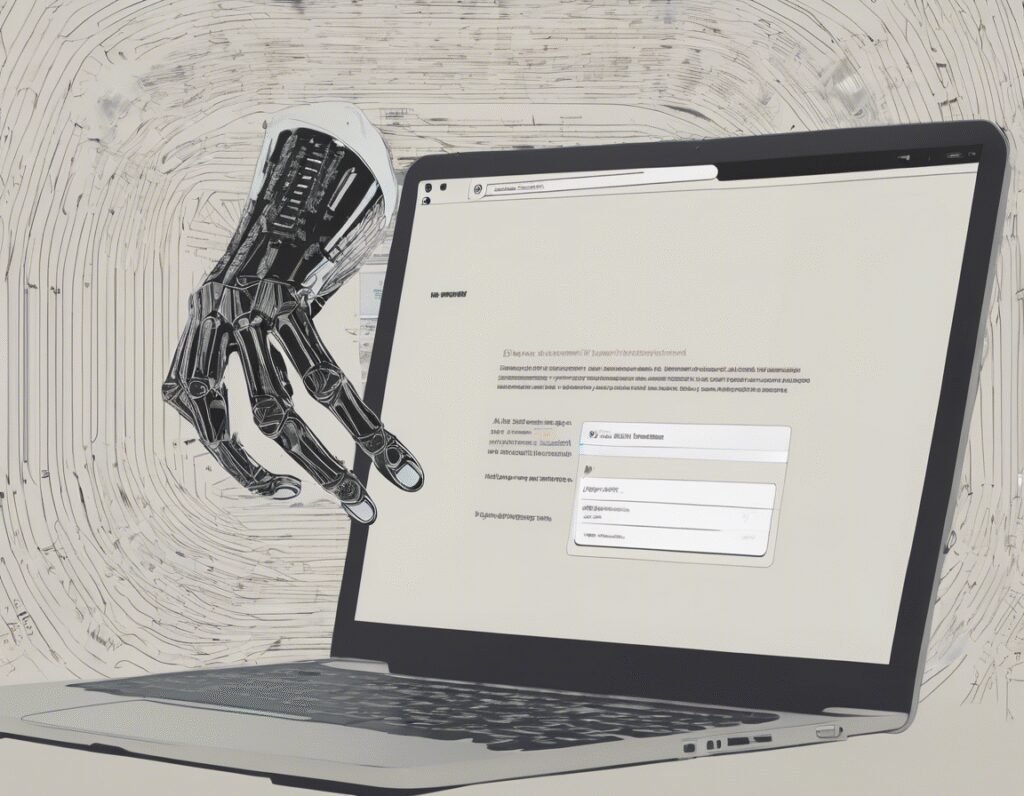The Next AI Browser War Is a Cybersecurity Nightmare
A new arms race is heating up among tech giants, all focused on a single goal: building the first truly agentic AI-powered web browser. The vision moves beyond the simple chatbot, proposing a browser that acts as a personal assistant and thinking partner. These are not just tools that answer questions but autonomous agents capable of setting goals, making plans, and executing complex tasks across the web on a user’s behalf.
While the promise of an AI that can handle tedious online chores is compelling, the cybersecurity implications are staggering. Handing over the keys to your digital life to an autonomous program introduces a host of new and dangerous vulnerabilities that bad actors are eager to exploit.
The core of the problem lies in the very nature of these agentic AIs. To function, they require a significant level of permission and access. They need to be able to log into your accounts, fill out forms, make purchases, and interact with web applications. This grants them a frighteningly broad attack surface.
Security researchers point out that it is shockingly easy for malicious agents to manipulate these AI systems. One of the most pressing threats is prompt injection. This occurs when a hidden, malicious instruction is embedded within the text of a website. When the AI browser reads the site to summarize it or perform an action, it also reads and executes the hidden command. This could be as simple as forcing the AI to exfiltrate your personal data to a hacker-controlled server or to perform unauthorized actions on a connected account.
Imagine an AI assistant tasked with finding you the best deal on a new gadget. It visits a compromised e-commerce site that contains a hidden prompt injection attack. The hidden command could instruct your AI to add the item to your cart and then proceed to checkout, using stored payment information to complete the purchase without your explicit consent, sending the item to a different address.
The risks extend beyond simple theft. These agentic systems could be hijacked to spread misinformation or malware. A compromised AI might be instructed to post harmful content on your social media profiles or send phishing emails to your contacts, all while appearing to be a legitimate action taken by you.
Furthermore, the data privacy concerns are immense. For an AI to be an effective partner, it must learn from your behavior, your preferences, and your history. This requires constant monitoring and data collection, creating a detailed digital twin of your online self. The security of that immensely valuable dataset becomes paramount. A breach would not just leak passwords but the entire pattern of your digital life.
The industry is now faced with a critical challenge. The rush to deploy the most powerful AI browser must be tempered with a fundamental commitment to security by design. This involves building robust safeguards against prompt injection, implementing strict permission sandboxes that limit what an AI can do without explicit user approval for sensitive actions, and ensuring complete transparency in how user data is handled.
The dream of an AI thinking partner is within reach, but without a serious and immediate focus on closing these security gaps, that dream could quickly turn into a widespread privacy and security nightmare for users everywhere.

